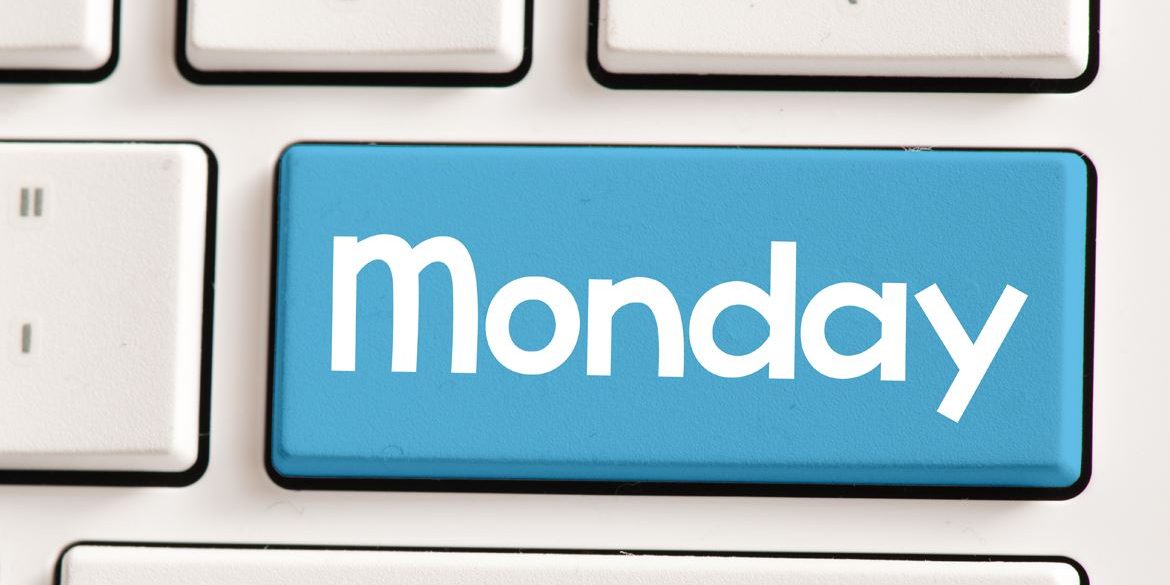Blue Monday, considered to be the most ‘depressing’ day of the calendar year, falls on the third Monday of January. In 2022, this will be Monday, January 17.
Most national days pass by relatively unnoticed, others hold increased social relevance. Blue Monday is one of those days. Figures released by Mind – the mental health charity, suggests that 1 in 4 of us will experience depression at some point in our lives.
Blue Monday highlights the need for us to check in with ourselves, practise some self-care and learn how to best look after our mental health.
Top 10 tips to look after your mental health beyond Blue Monday
- Talk about your feelings – a problem shared is a problem halved
- Keep active – Improve your physical health with a walk, run or swim.
- Eat well – Fish, fruit & vegetables
- Drink sensibly- Keep yourself hydrated
- Keep in touch with people- even on the phone, friends & family
- Ask for help – if you feel you need help, please reach out for it
- Take a break – Take time to breathe, free from distractions.
- Do something you’re good at
- Accept who you are and recognise the signs of feeling down
- Care for others – Think about others mental health
For some people, low moods or symptoms of anxiety and depression may persist far beyond Blue Monday. In this case, it is vital to seek professional help and to speak to a GP or medical professional. Blue Monday is a day that encourages open, honest conversations, and for some, this could mean asking for professional help or seeking the necessary support.
Support Services
Samaritans
Provides confidential, non-judgmental emotional support for people experiencing feelings of distress or despair, including those that could lead to suicide. You can phone, email, write a letter or in most cases talk to someone face to face.
| Telephone | 020 8394 8300 (24 hours a day, free to call) |
| Website | www.samaritans.org |
Mind Infoline
With support and understanding, Mind enables people to make informed choices. The Infoline gives information on types of mental distress, where to get help, drug treatments, alternative therapies and advocacy. Mind has around 140 branches providing local mental health services.
| Telephone | 0300 123 3393 (9am to 6pm, Monday to Friday, except for bank holidays) |
| Website | www.mind.org.uk |








